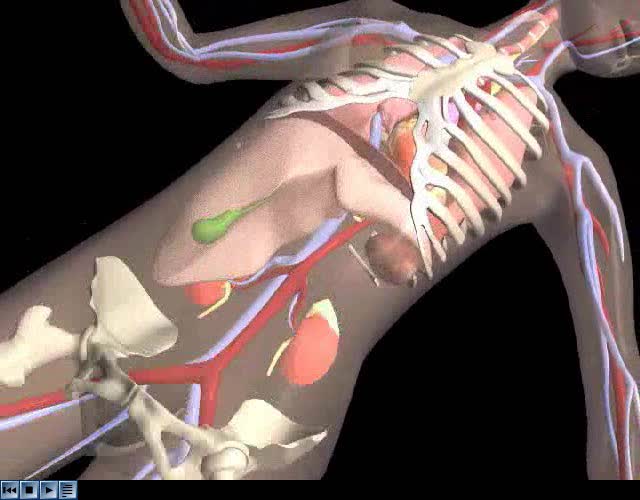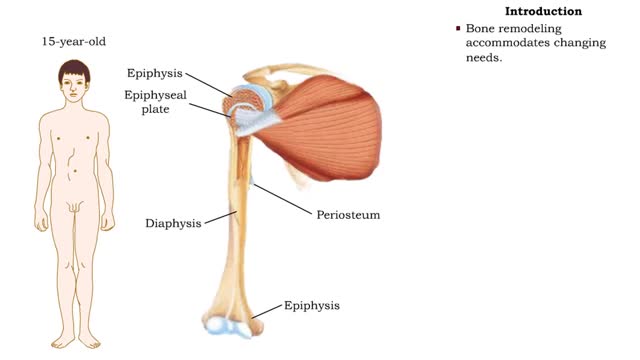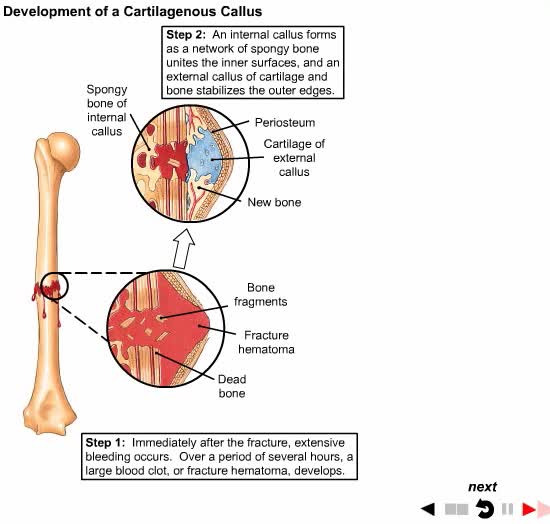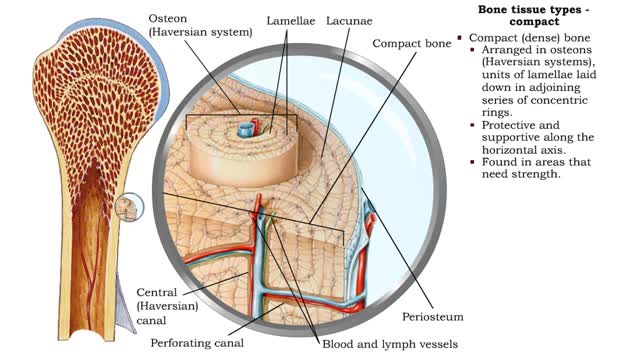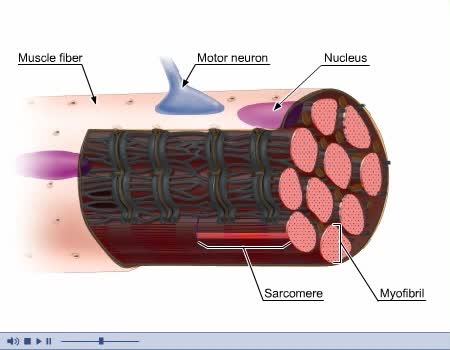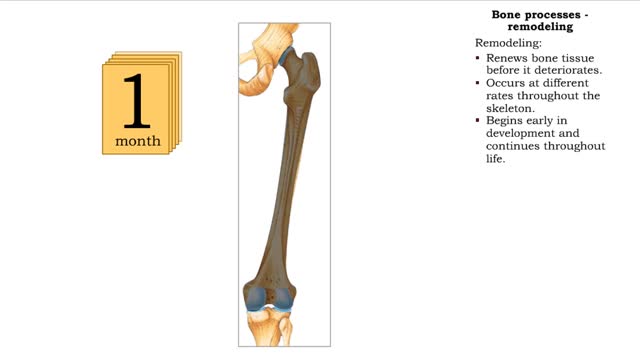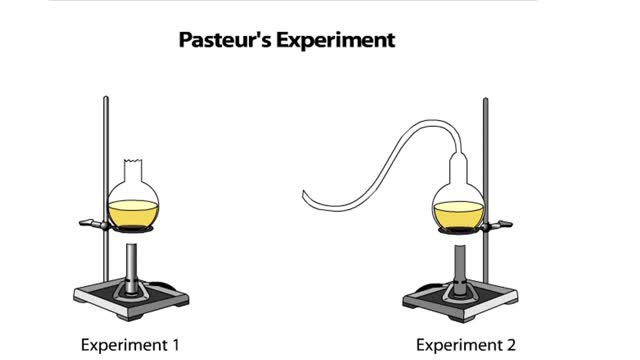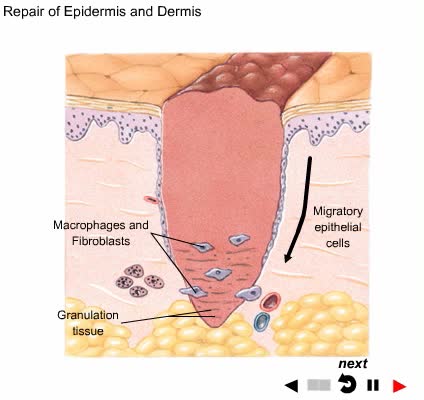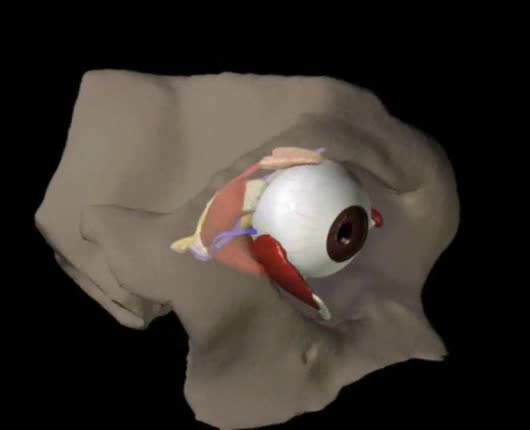Search Results
Results for: 'Broken bones'
By: Administrator, Views: 12734
Types of fractures: - Colles' - Pott's - Compression - Vertebral compression - Epiphyseal - Stress - Hip Closed, or simple–A completely internal break that does not involve a break in the skin (x-ray of the tibia and fibula). Note the break in the fibula (smaller bone). Open, or co...
By: HWC, Views: 10072
• After birth, bones grow in thickness and length. • Bones grow in diameter via appositional growth at the periosteum. • Epiphyseal plates enable lengthwise growth of long bones, such as the humerus, by interstitial growth. • Bone remodeling accommodates changing needs. • While th...
How Broken Bones Repair Themselves
By: Administrator, Views: 468
Bone healing, or fracture healing, is a proliferative physiological process in which the body facilitates the repair of a bone fracture. Generally bone fracture treatment consists of a doctor reducing (pushing) displaced bones back into place via relocation with or without anaesthetic, stabili...
Bone tissue types - compact and spongy
By: HWC, Views: 9720
Bone tissue types • There are two types of bone tissue: compact and spongy. • All the bones of the skeleton have both kinds of bone tissue. • Compact (dense) bone • Arranged in osteons (Haversian systems), units of lamellae laid down in adjoining series of concentric rings. • P...
By: Administrator, Views: 12615
Three basic types of muscles: - Skeletal - Smooth - Cardiac Composed of striated or smooth muscle tissue and classified according to their functions and appearance. Skeletal Muscle: - Also known as voluntary or striated muscle. - Controlled by the conscious part of the brain and attach...
Bone processes - resorption and deposition, remodeling and response to stress in adult bones
By: HWC, Views: 9915
• The process of remodeling bone tissues involves bone cells resorbing or depositing minerals into bone tissue. • During resorption, bone cells break down bone tissue and release calcium and other minerals for use by other cells in the body. • Bone cells also rebuild bone tissue by depo...
By: HWC, Views: 9125
Louis Pasteur designed a procedure to test whether sterile nutrient broth could spontaneously generate microbial life. To do this, he set up two experiments. In both, Pasteur added nutrient broth to flasks, bent the necks of the flasks into S shapes, and then boiled the broth to kill any existing...
By: Administrator, Views: 12755
A wound is an injury to living tissue caused by a cut, blow, or other impact, typically one in which the skin is cut or broken.
Structures of the Eye Animation
By: Administrator, Views: 2194
Orbit A cone-shaped cavity in the front of the skull that contains the eyeball. Formed by the combination of several bones and is lined with fatty tissue that cushions the eyeball. This cavity has several foramina (openings) through which blood vessels and nerves pass. Largest opening is the ...
Advertisement



